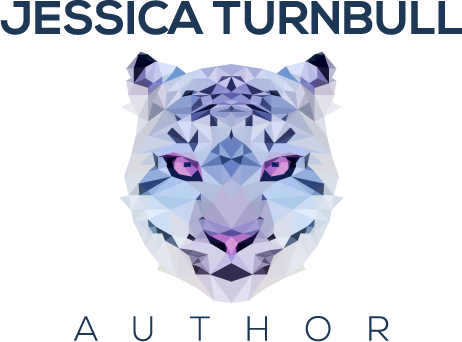Hi all!
This week I'm going to talk about the pros and cons of Facebook pages. A Facebook page is a business page you can create on Facebook that fans can follow to see your posts. Many authors have Facebook pages for themselves, their books or both.
I currently just have a Facebook page for myself, which you can follow here:
https://m.facebook.com/jessicaturnbullauthor/?ref=bbookmarks
Pros
It's another platform to communicate with readers.
Millions of people use Facebook daily, which is a big potential audience for you. By tapping into this audience, people may discover you that wouldn't have done so otherwise.
You can create Facebook ads.
Having a business page means that you can create ads on Facebook to advertise your page, website or books. You can pick what audience you want to target and what budget you're comfortable with. This means more people can discover your book.
You don't have to post as often.
On many social media pages you have to make sure you post daily to keep your audience interested. However, on Facebook most only make one or two posts a week and will manage to keep interest. I only post on mine once a week, twice if I have any announcements. This makes managing the page much easier.
Image and video posts do better.
I have found that posts with an image attached get more engagement than just a regular status update. This can allow you to be creative with your posts and take pictures of your writing routine, excerpts or stationery.
You can choose to make a separate page for book series.
This is good if people are a huge fan of one particular series of yours. You can then manage this page and connect with fans before an unofficial fan page pops up.
Cons
It's harder for people to find you.
Unlike Twitter where you can connect with others via hashtags and games, Facebook isn't really like that. Many people won't stumble on your page without advertising.
Too many pages.
If you have, or are planning to write, several different series then the amount of Facebook pages can get out of control. At first I created an Elemental Dragons page, but I deleted that when I realised that I would have to do that for every book series and run them all. I've currently got three other series planned as well, which means that plus my author Facebook page I would have to run five pages. I decided that it wasn't worth the hassle and have decided to stick to just my author page, which saves a lot of time.
Ads might not do as well as you'd hoped.
You have to do a lot of testing to find the perfect ad that draws people in, which can cost a lot of money you don't have. When you post that perfect ad, you may be disappointed that it didn't do as well as you'd hoped.
People are more likely to miss your posts.
With the way Facebook is set up, you can easily miss posts from pages you are following. Although people can pin your page so that your posts are the first they see, most people won't do that as they want to see other posts first.
Unofficial fan pages.
Although a fan creating a page for your book can be flattering, you have no say in what they post. If they post things that you don't agree with, people might think that it's your view and they won't be interested in your books anymore.
I hope you enjoyed this week's post, see you next week!








